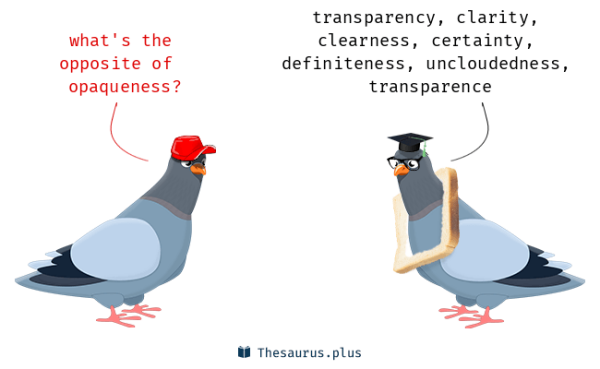Why did you choose Microsoft? Sorry, don't know
A sad, sadly unsurprising story about an italian Ministry.
Last week, I wrote about our national version of a Freedom Of Information Act (FOIA) is doing in Italy: worst than three years ago. This week, I’d like to confirm that less-than-exciting trend summarizing an italian story about the impossibility to know why an italian ministry chose Microsoft.

Back in July, I reported how italian public schools had surrendered their email to Microsoft. During the summer Monica, an italian freelance journalist that had heard the same news, decided to find out the true cost of an operation that would migrate to new email servers and mailboxes over a million teachers and other school staff plus. The migration would also give the same public employees access to “new Office 365 tools now (e.g. Teams, Onedrive) and in the future, integrated with email and Outlook calendars”.
What was the exact cost of the migration? Above all, what would be the exact cost, in the future, of such a lock-in? Had it been estimated? By whom, and how?
Monica first tried to find answers in (if I understand it correctly) the transparency section of the website of the italian Ministry for Instruction, University and Research (MIUR), and found nothing about Microsoft Office 365. Next, she asked to the press offices of both the MIUR and Microsoft, but nothing again.
At that point, Monica filed an official FOIA request, and got a quick answer… that did not mention at all what she had explicitly asked, that is data about the Microsoft/Office365 decision.
Luckily (so to speak) another journalist had started the same fight earlier, escalating repeated request until he reached the government office responsible for prevention of corruption, and transparency. That other journalist had eventually discovered the raw cost of the migration, but not enough.
So, after a lot of effort that should have never been asked, the cost was known: about 500K Euros. The most important part, however, that is information about who decided, how, whether lock-in had been evaluated or not… Sorry, no data for you.
One reason provided by MIUR was security, as in “if we published how we studied the matter, crackers may discover how to penetrate our network”.
Experts beg to disagree
The already mentioned article includes the critiques of the MIUR way of working from two experts, that are worth summarizing because they apply to any similar case:
Roberto Candiotto, director of a Free Software Master:
“If sustainable means maintainable… without compromising future resources, and if it is necessary, now more than ever, to create and promote fair and responsible innovation (goal 9 of the 2030 Agenda for Sustainable Development), the pursuit of these goals cannot be limited to mere, merely short-term economic gains. It must include [creation of knowledge and skills] that can sustain a whole social system”
**Carlo Piana, lawyer specialized in digital rights/software procurement matters:
“It is upsetting that, of all government, just the ministry devoted to instruction and education is reduced to acquiring fundamental teaching tools from a company that has been at the center of antitrust investigations for thirty years and has created a pernicious and unprecedented technological monoculture, not to mention the privacy issues after the Schrems II judgment. The fact that a solution is free of charge, however, does not at all exempt the administration from conducting a comparative analysis, nor from observing the principles of impartiality, good performance and legality of public administration."
Of course, the real story here is not Microsoft
Regardless of how sound and transparent the decision was, the real story here is: Why it is so hard to understand and report how a ministry spends public money? Is it really still impossible, in 2020, to understand why a ministry evaluates and selects national digital infrastructures, without apparently considering lock-in?
Image source: Antonyms of opaqueness from Thesaurus.plus
Who writes this, why, and how to help
I am Marco Fioretti, tech writer and aspiring polymath doing human-digital research and popularization.
I do it because YOUR civil rights and the quality of YOUR life depend every year more on how software is used AROUND you.
To this end, I have already shared more than a million words on this blog, without any paywall or user tracking, and am sharing the next million through a newsletter, also without any paywall.
The more direct support I get, the more I can continue to inform for free parents, teachers, decision makers, and everybody else who should know more stuff like this. You can support me with paid subscriptions to my newsletter, donations via PayPal (mfioretti@nexaima.net) or LiberaPay, or in any of the other ways listed here.THANKS for your support!